Bangladeshi opposition leader given new jail term as supporters cry foul
Tue 30 Oct 2018, 11:56:24
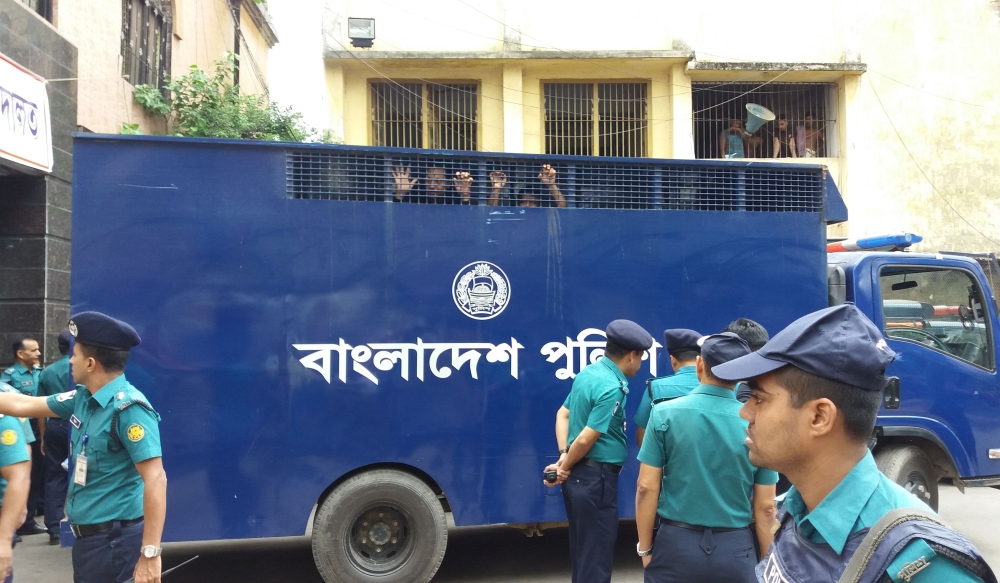
Bangladesh’s imprisoned opposition leader Khaleda Zia was handed another seven years in prison Monday on corruption charges her supporters say are politically motivated to prevent her running in a general election.
Zia, archrival of Prime Minister Sheikh Hasina, is already behind bars after being handed a five-year term in February on separate embezzlement charges.
That verdict triggered clashes between police and thousands of loyalists from the main opposition Bangladesh Nationalist Party (BNP), which Zia still leads from prison.
There was a small demonstration outside BNP headquarters on Monday in the capital Dhaka, but the opposition vowed nationwide marches on Tuesday to protest against the verdict.
In Zia’s latest trial, Judge Mohammad Akhtaruzzman found the 73-year-old guilty of abuse of power and embezzling 31.5 million taka ($375,000) destined for a charitable fund.
The verdict was handed down in a temporary courtroom inside Dhaka Central Jail where Zia — who has been hospitalized for poor health — is the only inmate. Her lawyers, who were also absent during the verdict, have consistently described the fast-track trial as “political vengeance” by Hasina, who has been accused of stifling her opponents.
“The people will never accept this judgment,” BNP secretary general Fakhrul Islam Alamgir told reporters.
The latest conviction is expected to further impede Zia’s chances of challenging her erstwhile ally Hasina in polls slated for December.
Zia boycotted the 2014 general election which saw Hasina returned to power.
The BNP had been hoping a higher court would overturn Zia’s earlier sentence, setting her free and paving the way for the veteran opposition leader to run against Hasina.
But the latest verdict throws up more hurdles for the
opposition, which says 4,000 of its supporters have been arrested since September in a pre-election crackdown.
opposition, which says 4,000 of its supporters have been arrested since September in a pre-election crackdown.
“This judgment is to keep her out of the election,” said Alamgir.
Prosecutor Khurshid A. Khan said the latest charges against Zia dated back to 2005, during her second term as prime minister of the Muslim-majority democracy of 160 million.
“We finally got justice, despite some delay,” he said.
Zia entered politics in the mid-1980s after her husband, a former military dictator, was assassinated in an abortive coup.
She faces dozens of separate charges related to violence and corruption that her lawyers insist are baseless.
Zia says the charges are designed to keep her family out of politics.
In recent months, her health has deteriorated inside the abandoned 19th-century jail, with a physician saying that arthritis has rendered Zia’s left hand useless.
Her lawyers have accused the government of putting her health at risk by refusing her specialized care in prison.
Zia’s sentencing is yet another blow for her political dynasty with her son and heir apparent Tarique Rahman jailed for life in absentia this month.
Rahman, who was charged over a 2004 grenade attack on one of Hasina’s political rallies, lives in exile in London.
The guilty verdict also comes at a time when the independence of Bangladesh’s judiciary is under question.
In a recently-published memoir, a former chief justice alleged he was forced into exile last year after disagreeing with Bangladesh’s powerful intelligence services over a case.
Another judge, who also lives in exile in Malaysia, made similar remarks in a television interview, alleging he was threatened to hand down a guilty verdict against Rahman.
No Comments For This Post, Be first to write a Comment.
Most viewed from International
Most viewed from World
AIMIM News
Latest Urdu News
Most Viewed
May 26, 2020
Which Cricket team will win the IPL 2025 trophy?
Latest Videos View All
Like Us
Home
About Us
Advertise With Us
All Polls
Epaper Archives
Privacy Policy
Contact Us
Download Etemaad App
© 2025 Etemaad Daily News, All Rights Reserved.


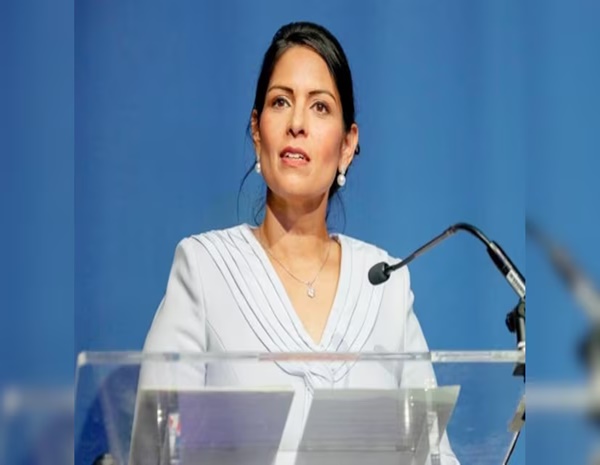

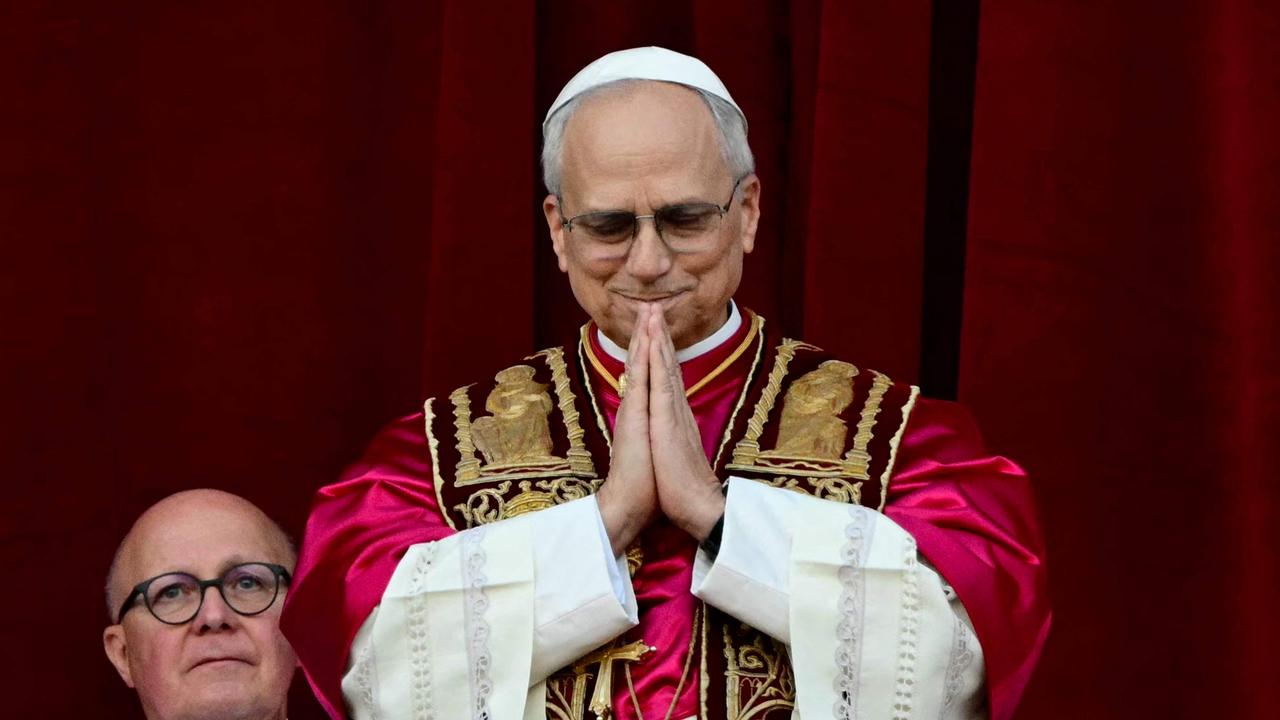

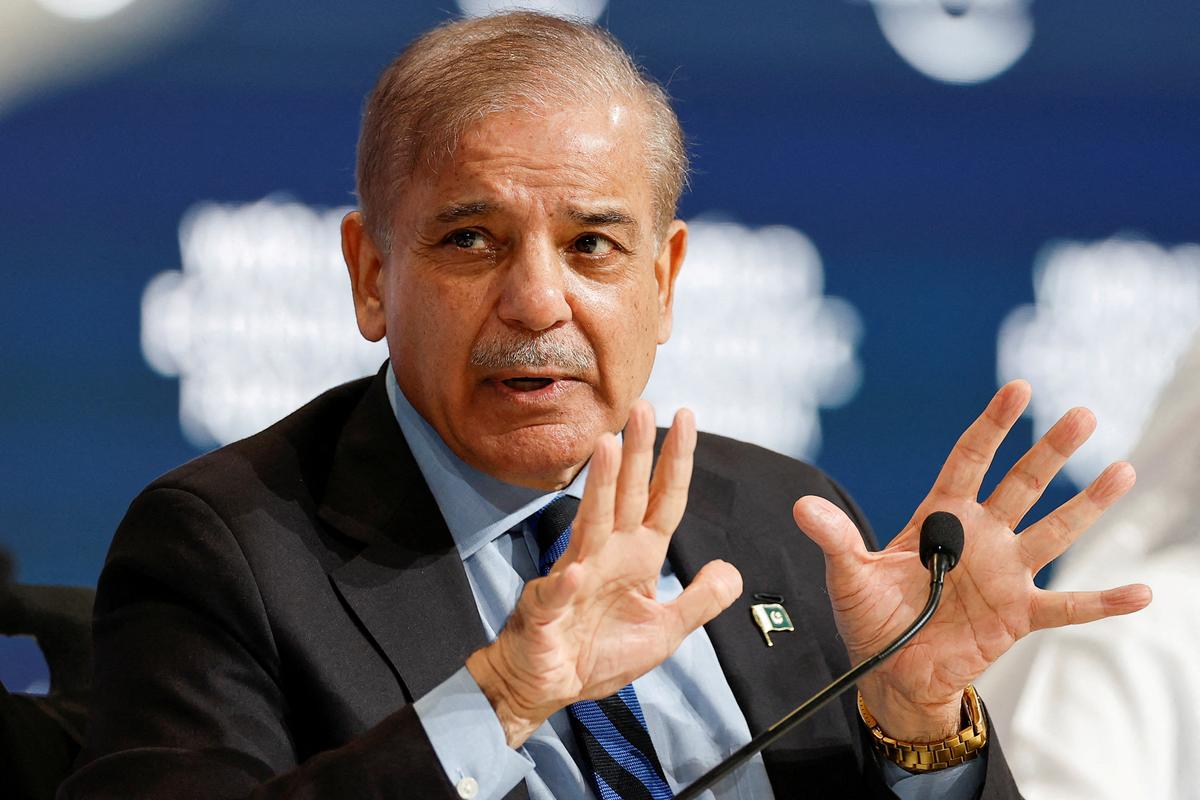
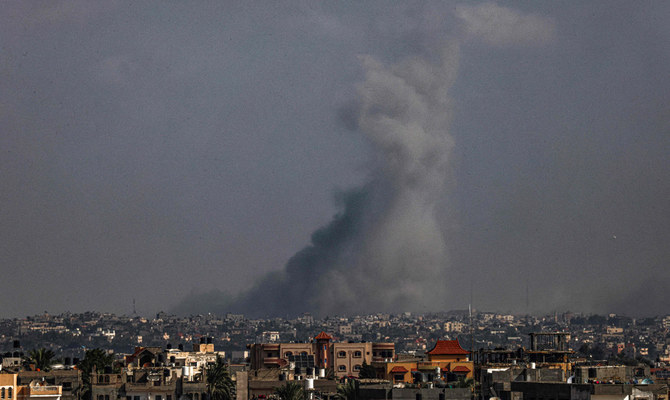

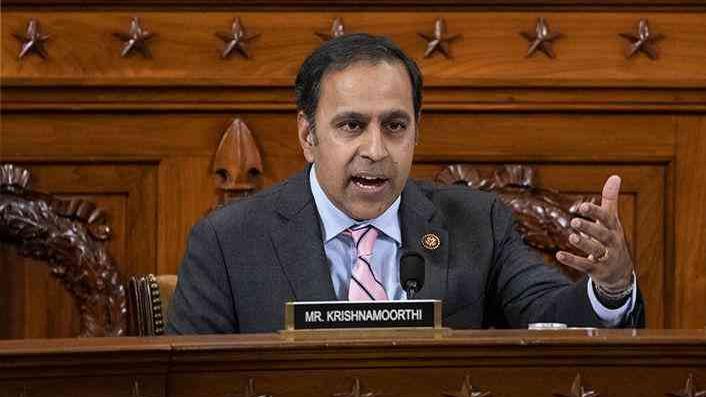



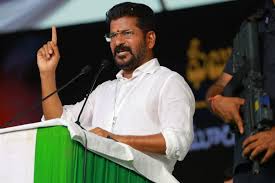




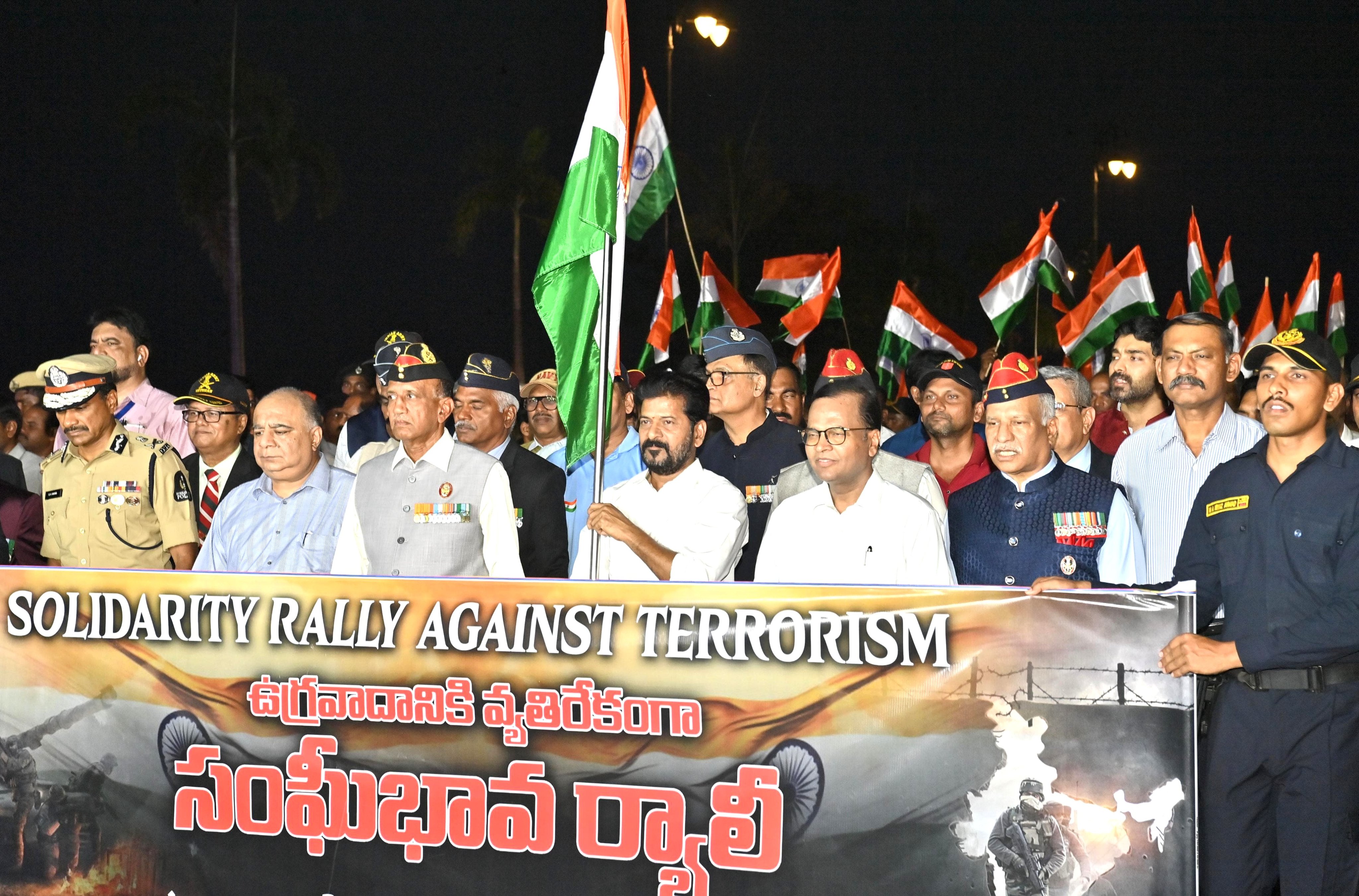



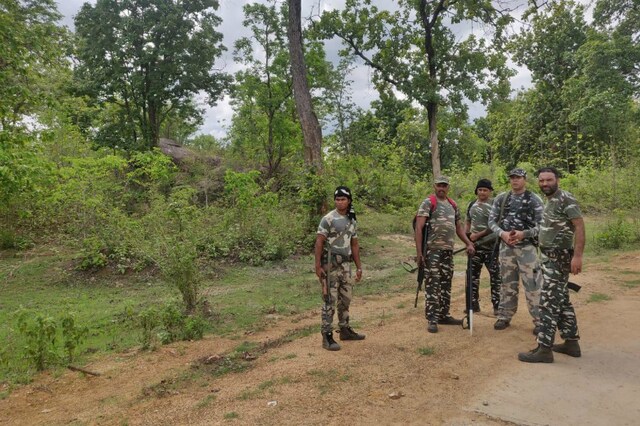






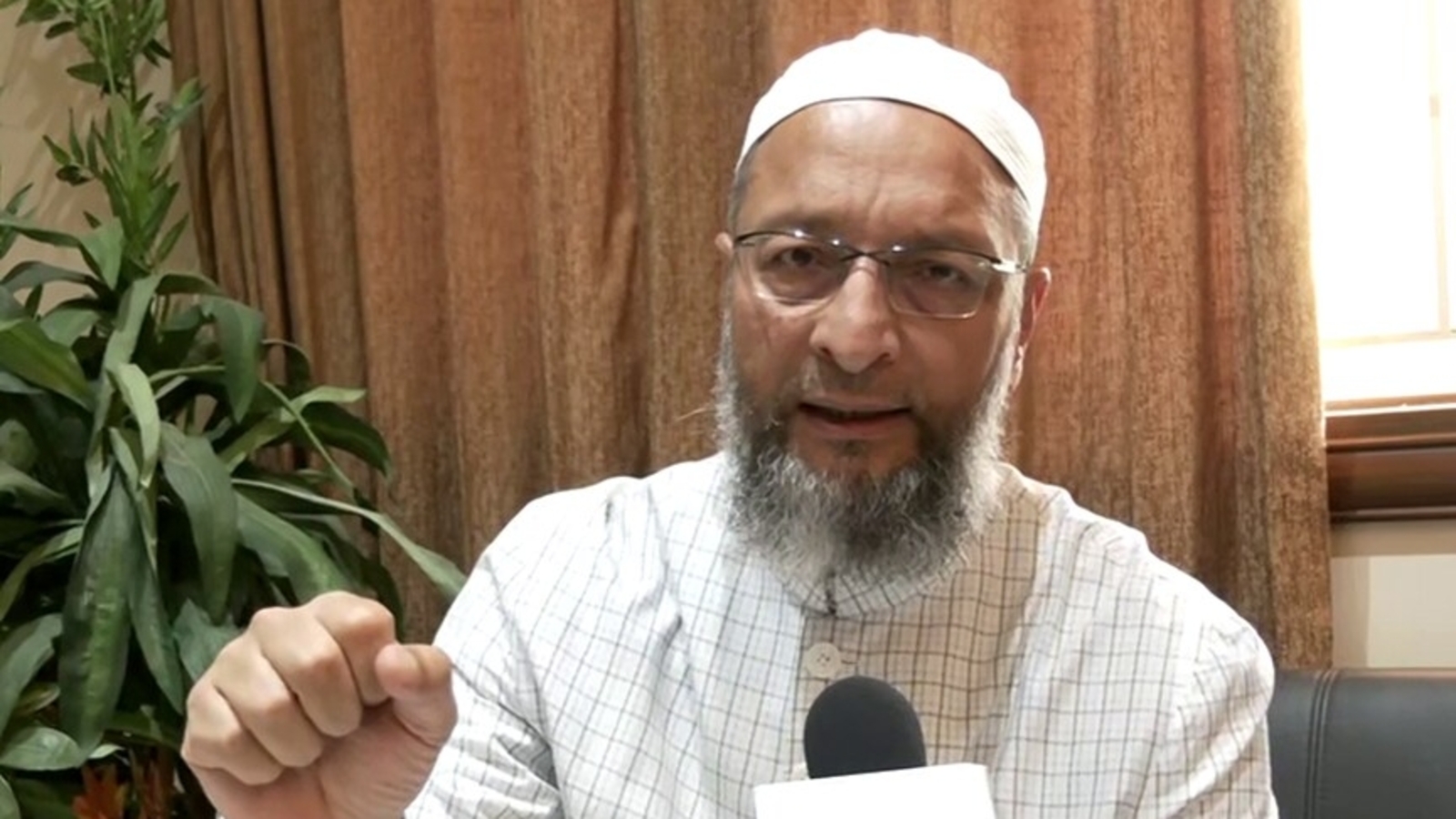
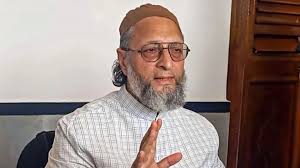






.jpg)




